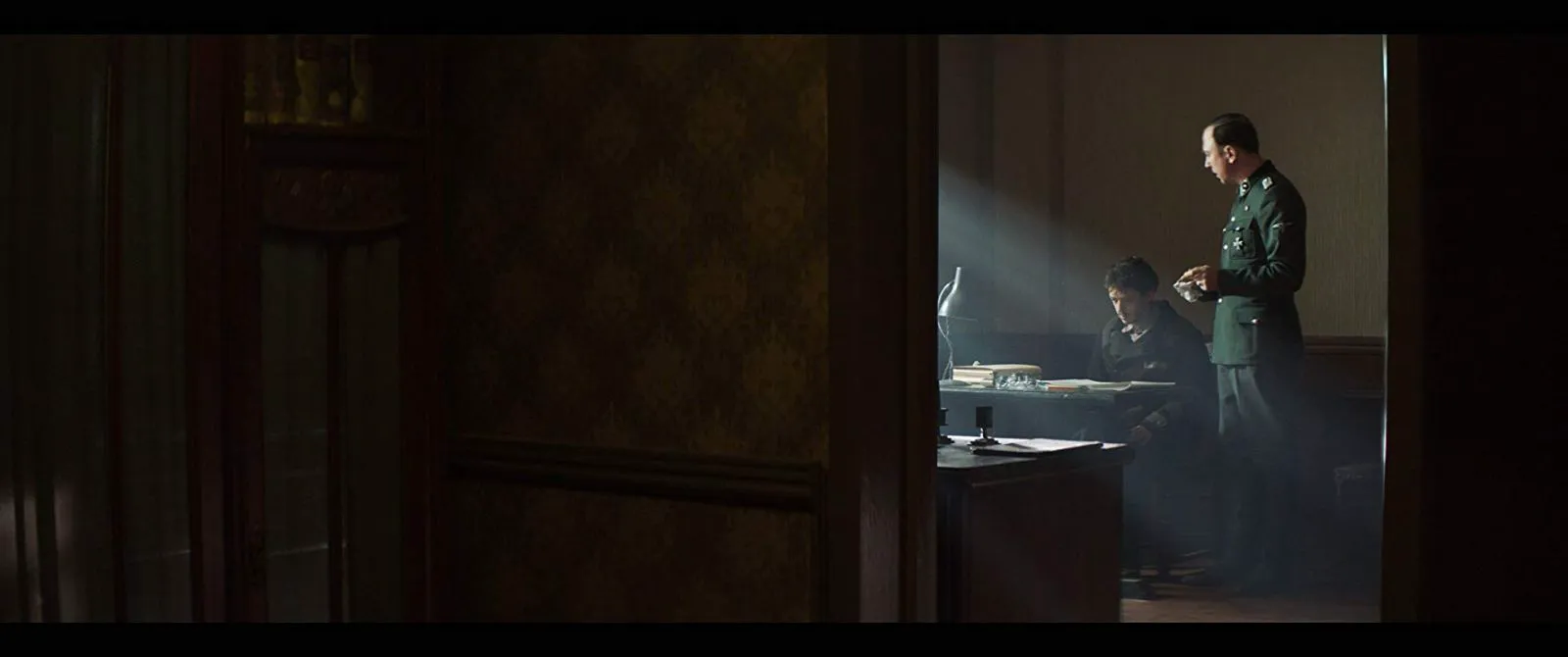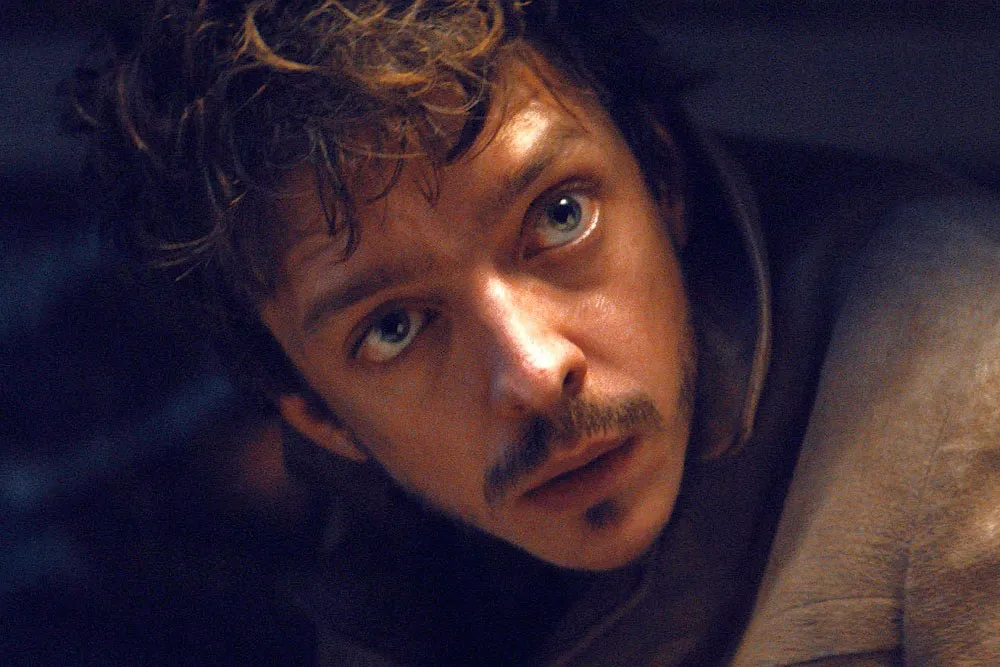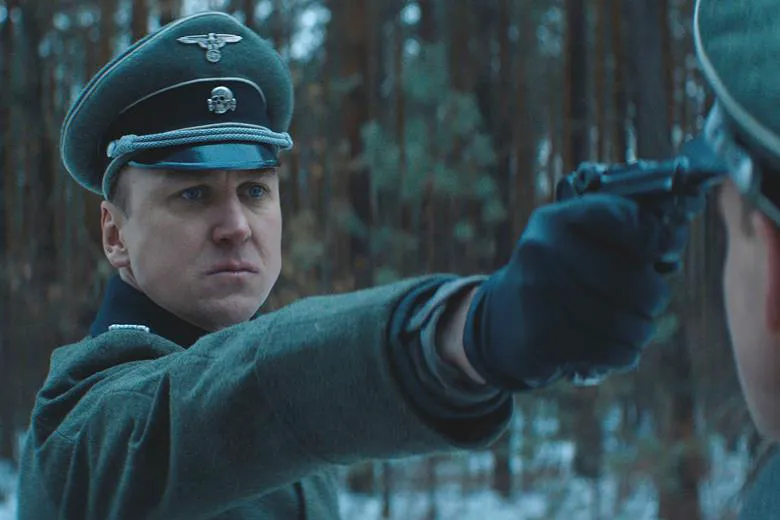The Unlikely Persian: A Review of “Persian Lessons”
“Persian Lessons” plunges us into the harrowing reality of a concentration camp with a darkly comedic twist. The film centers on Gilles, a Jewish man who narrowly escapes execution by claiming to be Persian. This desperate lie leads him to an unexpected role: teaching Farsi to Koch, a Nazi officer with dreams of opening a restaurant in Tehran after the war. The only problem? Gilles doesn’t know a word of Farsi.

Two Sides of the Same Coin
The film hinges on the dynamic between Gilles and Koch. Gilles, portrayed as both cunning and naive, grapples with the guilt of surviving while others are condemned. He carefully guards his words, knowing one slip could cost him his life. Koch, initially arrogant and distrustful, gradually softens during their lessons, revealing his own tragic past.
However, their relationship never blossoms into a true friendship. The power imbalance inherent in their roles as prisoner and captor prevents genuine connection. Instead, their interactions become a twisted mirror. One exploits the other, and the lines of power blur as Gilles uses his position to aid his fellow prisoners. For Koch, the Farsi lessons become a form of therapy, a chance to confront his past and find a connection in the dehumanizing environment of the camp. For Gilles, it’s a matter of survival.

The Banality of Evil
Director Vadim Perelman avoids simplistic portrayals of the Nazis. Koch is depicted as a victim of his own naivete, while other officers are shown to experience love and jealousy. These characters are complex, but their humanity is warped by the pervasive influence of Nazi ideology. Even their emotions are twisted, as murder becomes a trivial obstacle in their relationships. Perelman suggests that in this context, ideology trumps individual complexity, and the environment corrupts all values.

Finding Humor in the Darkest of Places
What sets “Persian Lessons” apart from other Holocaust films is its unexpected humor. From crude jokes to linguistic absurdities, Perelman and screenwriter Ilja Zofin inject levity into the grim setting. The film doesn’t shy away from the horrors of the Holocaust, but it reframes the story as a tragicomedy of survival.
The film’s most poignant moment comes when Gilles, running out of ideas, begins creating words from the names of prisoners in the camp’s registry. In a cruel twist of fate, a Nazi officer is unknowingly learning a language built upon the memories of the Holocaust’s victims.
The Weight of Memory
Memory plays a crucial role in Perelman’s films. In his debut, a woman fought to reclaim her family home, while in “The Life Before Her,” a survivor grappled with the trauma of a school shooting. In “Persian Lessons,” memory is not just about honoring the past, but about survival in the present. Gilles must remember his fabricated language to avoid detection and keep the hope of survival alive.
Ultimately, “Persian Lessons” suggests that survival depends on finding a balance between the horrors of the past and the hope for a future free from the burdens of history. It’s a film that reminds us that even in the darkest of times, humanity, in all its flawed and complex forms, can endure.